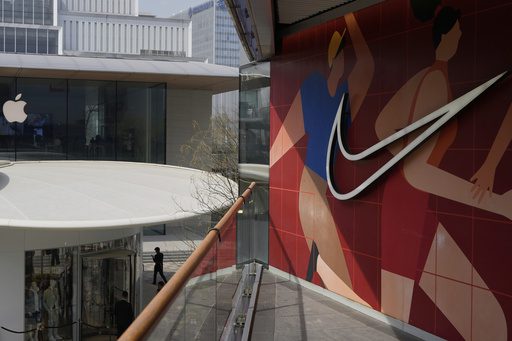
news
Countries and companies mull strategies for coping with barrage of higher US tariffs
BANGKOK (AP) — President Donald Trump’s latest tariff hikes on U.S. imports are compelling countries and industries to scramble for footing in a time of potential upheavals in global trade. As world markets wallowed in more heavy losses Friday, Taiwan’s president promised to provide support to industries most


















